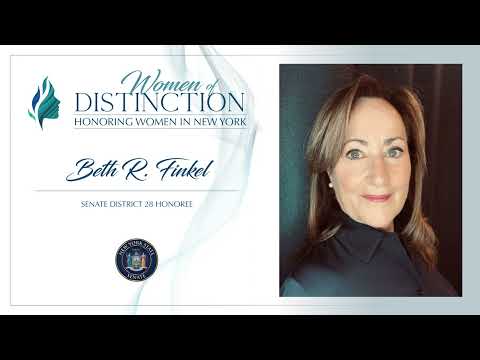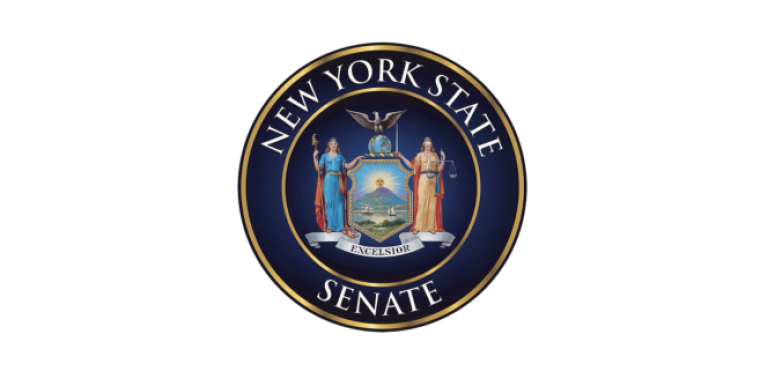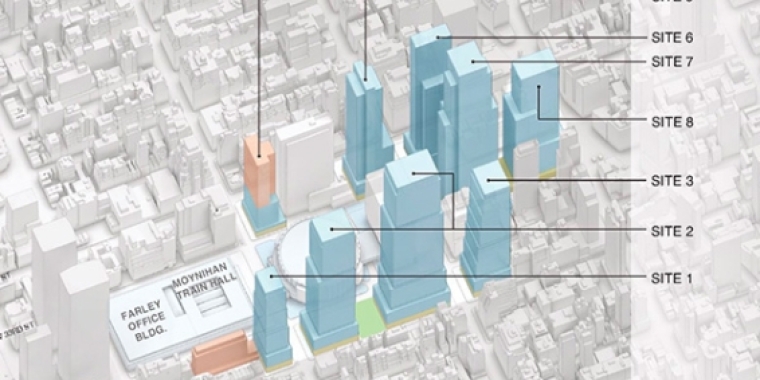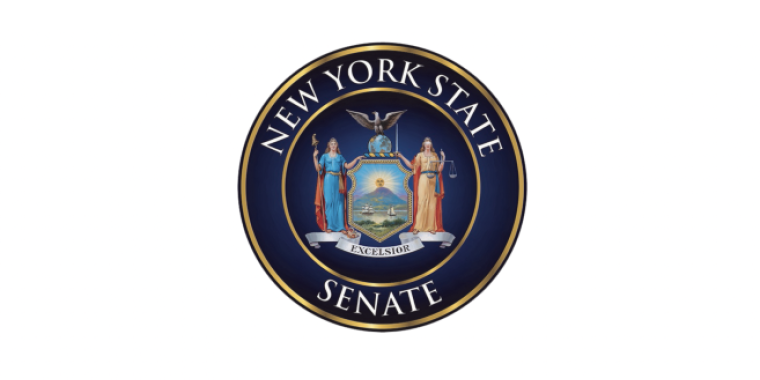
Embassy Bar Debacle Shows Liquor Authority’s License Granting Process Must Be Revamped
Liz Krueger
January 25, 2006
Bing, East Side community leaders urge agency to consider neighborhood, business,
safety concerns before granting liquor licenses to nightclubs
East Side, NY - In light of the misguided approval of a liquor license for Embassy bar in Turtle Bay, Assemblymember Jonathan L. Bing (D-Manhattan) called for an overhaul to the New York State Liquor Authority’s (SLA) license granting process.
Joined by Manhattan Borough President Scott Stringer, New York State Senator Liz Krueger (DManhattan), Councilmember Dan Garodnick (D-Manhattan), representatives from Manhattan
Community Board 6 and other concerned neighborhood groups in front of the future site of the bar, Bing announced legislation he will introduce that requires the Liquor Authority to take local quality of life issues more seriously before granting licenses to proposed nightclubs that fall within 500 feet of three or more establishments with a liquor license.
Embassy, located in a densely populated residential neighborhood near the United Nations building, was granted a liquor license despite a year-long movement by Bing and others to prohibit the bar from getting a permit. During the course of the year, Bing, along with his fellow East-Side elected officials wrote several letters indicating concern to Edward F. Kelly, former chairman of the Liquor Authority.
“The SLA needs to refine all aspects of its license-granting process to include empowering the local community boards when an application is under consideration,” Bing said. “When the agency blindly grants liquor permits to establishments that have no place in a residential community, our quality of life is put in jeopardy.”
According to the law, establishments with liquor licenses within 500 feet of each other fall under the “500 foot rule,” which requires the applicant to show that obtaining a liquor license would be in the public’s interest. Embassy, located within 500 feet of twelve existing entities with liquor licenses, was still granted a permit even though the “public interest” notion of the rule was heavily challenged by Assemblymember Bing. Additionally, the nightclub was opposed with a negative resolution “in the strongest terms possible” from Community Board 6 in February, a petition of more than several hundred signatures and regular protests at Community Board meetings.
“Community boards and neighborhood residents must have more of a voice when it comes to deciding crucial issues that will directly impact their quality of life," Stringer said. "From all indications, Embassy's intentions in the neighborhood are in direct conflict with the interests of residents and the community board which have both spoken loudly. Their voices must be heard.”
Garodnick echoed Stringer by noting the overwhelming opposition to the nightclub’s presence in
the neighborhood. “It simply does not serve the public interest at all," Garodnick said. “The community openly opposes it, and Embassy has not addressed the concerns of the neighbors or local elected officials.”
Embassy had five opportunities to address the community board and state its intention in the neighborhood, but Bing said that instead of allaying resident’s concerns, the establishment only furthered the belief that they have no intention of being “good neighbors.”
Beyond the public’s concern for granting the license in such a high population residential neighborhood, Bing noted that Embassy could cause distractions that would threaten security operations near the United Nations building. His legislation would make sure that public interest is absolutely maintained in the license-granting process. Krueger agreed that more changes are needed at the authority to ensure proper review is given to establishments applying for a permit.
“The State Liquor Authority's approval of Embassy's application underscores the need to reform the liquor licensing process," Krueger said. "For too long, Manhattan residents have suffered because the SLA has refused to follow the law. We must be vigilant in pushing for fundamental change to ensure that liquor permits are granted in a fair and appropriate manner.”
To specifically address the neighborhood’s concerns, Bing is introducing legislation that gives community boards’ negative resolutions more weight in the SLA’s license granting process. In the event of a negative resolution, the authority would then be required to perform a more extensive analysis of the applicant and show – in writing – how the application supersedes the community board’s concerns.
Additionally, Bing is sponsoring a bill (A.6686-A) that would modernize New York’s antiquated
Beverage Control Law, which was created in 1934 and has since become ineffective.
The neighborhood has another option to prevent Embassy from opening by filing an Article 78 appeal, claiming the SLA’s decision to grant the license was made arbitrarily and should be revoked.
“When the residents speak out against it, when neighboring businesses, attractions and high-security buildings identify possible problems with it, and community leaders are adamantly opposed to it, then the Liquor Authority should recognize that approving a bar’s liquor permit isn’t the best course of action,” said Bing. “The agency needs to examine all aspects of how their procedures affect an entire community.”
-30-
Share this Article or Press Release
Newsroom
Go to NewsroomSenator Krueger 2022 Woman of Distinction
August 26, 2022

Sen. Krueger Submits Testimony To The NYC Districting Commission
August 22, 2022


